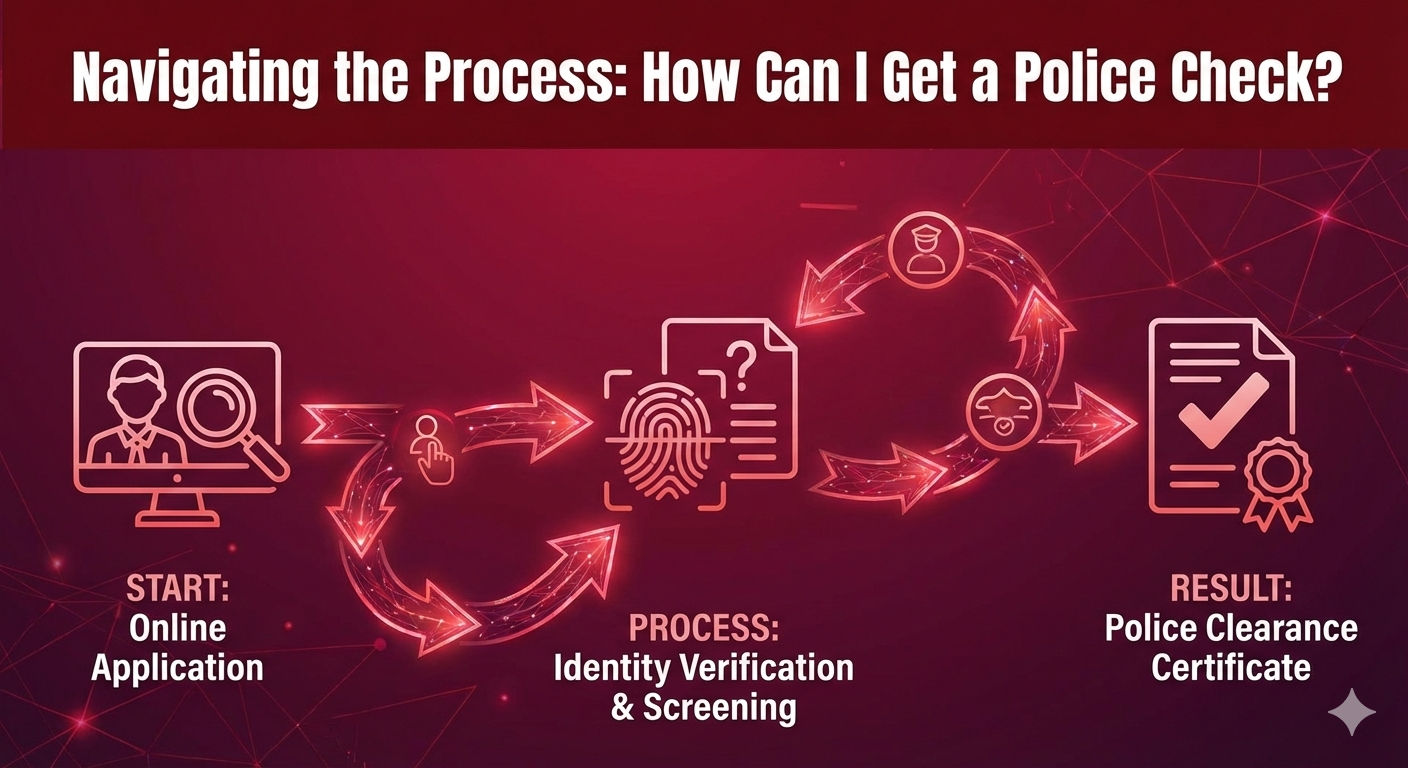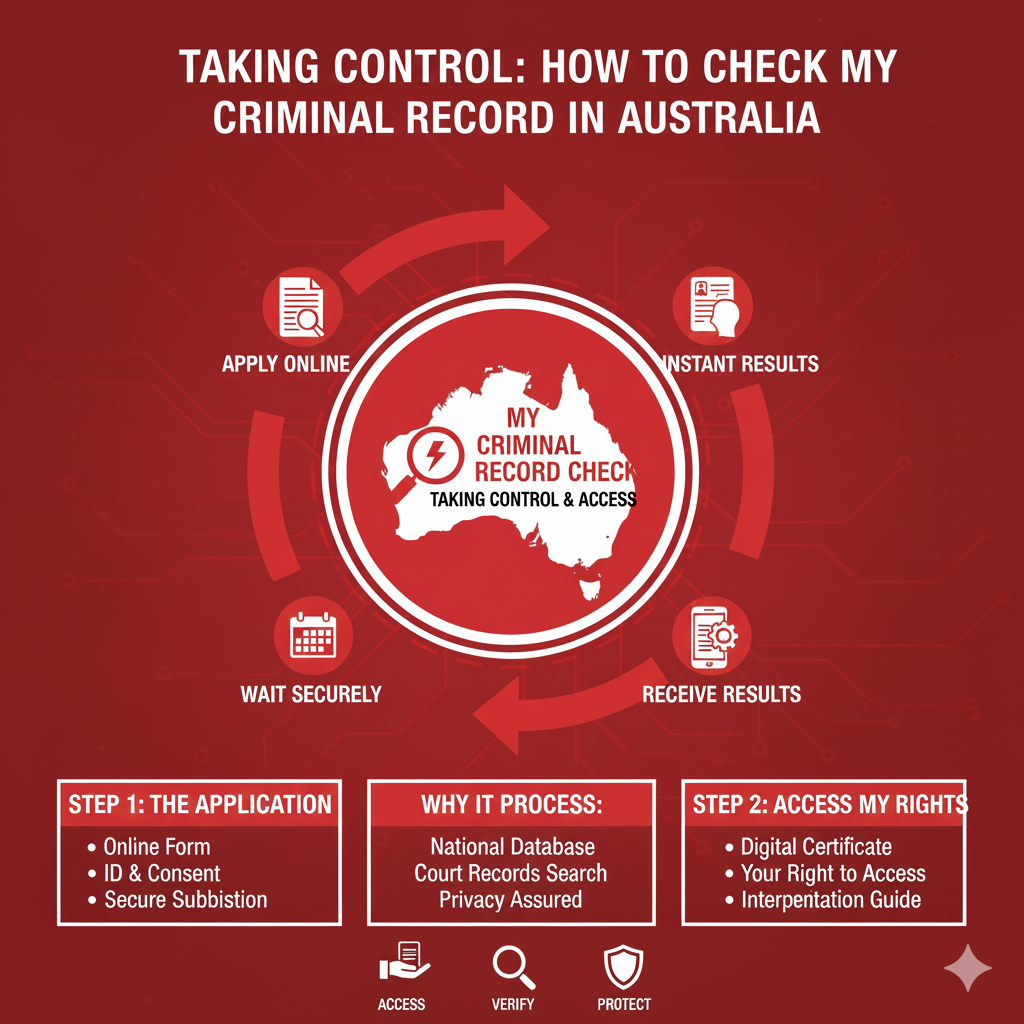Every comment, like, and post creates a digital footprint in the modern hyperconnected world, making digital footprints an effective tool for companies. When evaluating the fit of an applicant for a position, compatibility with a business’s principles, and even possible risk considerations, these footprints are a compilation of information produced by a person’s internet activity that can be quite helpful.
Innovative companies are accepting the potential of digital footprints to boost recruitment, strengthen their own safety, and preserve company reputation, while some organizations continue to concentrate on conventional background checks.
What Are Digital Footprints?
Digital footprints are the traces individuals leave behind when they use the internet. This includes:
- Social media activity (posts, likes, shares)
- Blog comments
- Forum participation
- Online portfolios and LinkedIn profiles
- News mentions
- Publicly accessible forums and communities
Each of these elements contributes to an individual’s online persona, offering insights into their behaviour, interests, professionalism, and potential risk factors.
The Importance of Digital Footprints in Hiring
Identifying Red Flags Through Social Media
Learning about the applicant’s social media profile is one of the main advantages of analyzing digital footprints. Social media accounts can expose trends of unpleasant or improper behavior, divisive viewpoints, or unprofessional behavior that could damage the reputation of your company.
Assessing Online Reputation and Professionalism
An applicant who frequently posts offensive material, for example, might not represent the welcoming and courteous atmosphere your business seeks to promote. By examining digital trails, companies may prevent possible harm to their reputation. In Victoria it is essential to hire employees at the standard set for hiring, and for that, you can use Victoria police checks by Rapid Screening.
Tip: Platforms like LinkedIn, Twitter, and even Reddit can give employers a peek into how candidates conduct themselves in digital communities, often a reflection of their real world professionalism.
“Right Fit, Right Person”: Aligning Values
Finding someone with the right skills is only part of the puzzle. The real challenge is identifying candidates who share your company’s values and culture. Reviewing a potential hire’s digital footprint allows employers to better understand personal interests, communication style, and ethical viewpoints.
This insight can help answer a crucial question: Is this person truly the right fit for our team?
Partnering with a screening provider like Rapid Screening’s Employee Background Checks can help verify digital behaviour and ensure values alignment, all while respecting privacy laws and ethical standards.
Verifying Qualifications Through Digital Presence
In an age where nearly every professional maintains some form of online profile, evaluating a candidate’s digital footprint can offer additional confirmation of their qualifications, career history, and achievements.
The Role of Professional Networks and Portfolios
LinkedIn profiles, personal websites, online resumes, and digital portfolios serve as transparent records of career progression and thought leadership. Comparing a resume to what’s published online helps verify consistency and honesty, two qualities every employer values. If a business is in New South Wales, then our NSW police check can be combined for better security.
Pro Tip: Look for discrepancies in job titles, achievements, or employment gaps when reviewing both the resume and digital footprint. These inconsistencies could indicate potential issues.
Preventing Insider Threats Through Digital Insights
While most employees act in good faith, there are exceptions. Insider threats, employees who misuse access for malicious purposes, represent a significant risk, especially in data sensitive industries.
Monitoring digital footprints can help detect early signs of risk, such as:
- Sharing confidential company details online
- Involvement in online communities discussing unethical practices
- Interaction with competitors under suspicious circumstances
Early identification allows companies to take preventive action, protecting sensitive data and maintaining operational integrity. Rapid Screening’s Identity Verification Services can provide deeper insights into individuals’ online identities and potential red flags.
Maintaining Company Reputation
Why a Clean Digital Footprint Matters
Reputation is a company’s most valuable intangible asset. It influences customer trust, partner relationships, investor confidence, and employee morale.
Hiring someone with a questionable online history, especially in leadership roles, can bring unwanted media attention and customer backlash. Conducting thorough reviews of digital footprints ensures your business is staffed by people who protect, not endanger, your reputation.
Digital Footprints and Legal Compliance
Understanding Your Rights and Boundaries
In some industries , particularly healthcare, aged care, finance, and child services , screening an applicant’s background is required by law. While digital footprint analysis is not yet a mandated component, it complements legal compliance by providing additional evidence of character.
It’s important to:
- Obtain written consent before conducting digital checks
- Adhere to local laws regarding privacy and discrimination
- Focus only on publicly accessible information
Rapid Screening’s Police Check Services ensure that your process is fully compliant, and can be paired with broader digital checks for a more robust evaluation.
How to Conduct Digital Footprint Checks Ethically
Best Practices for Employers
- Be Transparent: Inform candidates that public digital activity may be reviewed as part of the hiring process.
- Stick to Public Data: Avoid invasive tactics or attempting to access private accounts.
- Use a Reputable Provider: Work with background screening experts like Rapid Screening, who follow strict legal and ethical standards.
- Document Findings Fairly: Keep records of any disqualifying evidence in case of future legal inquiries.
- Avoid Bias: Don’t let political views, cultural norms, or unrelated lifestyle choices impact hiring decisions.
Integrating Digital Footprints Into Your Screening Process
Building a Holistic Candidate Profile
To gain a complete picture of a candidate, businesses should integrate digital footprint analysis into a broader background check process that includes:
- National police checks
- Employment history verification
- Identity verification
- Reference checks
- Social media screening
This combination offers a well rounded understanding of the person behind the application, not just their skills but also their behaviour, reputation, and potential risk level.
For a tailored approach to this process, explore Rapid Screening’s Full Suite of Services.
Conclusion
In a world where personal and professional lives increasingly overlap online, understanding and evaluating digital footprints is more important than ever. It allows businesses to hire with confidence, align candidates with company culture, prevent insider threats, and protect their brand.
By incorporating digital footprint checks into your hiring process, you move beyond just resumes and references, you unlock a deeper layer of insight that traditional screening methods often overlook.
Partner with Rapid Screening to access ethical, efficient, and legally compliant digital screening solutions that support your business growth in the digital age.
Let your next great hire begin with the click of a link and the power of a footprint.
Frequently Asked Questions (FAQs)
Q) Why are Digital footprints important in hiring?
The information that an individual leaves online, including online social media activity, journal entries, public postings, and business profiles, is referred to as online footprints. Companies are able to make more educated and assured recruiting judgments thanks to these footprints, which give them important information about an individual’s character, principles, and behavior outside of the CV.
Q) How do employers check a candidate’s digital footprint?
Recruiters frequently go through publicly available web data, including media discusses, articles, digital portfolios, and posts on Facebook, profiles on LinkedIn, and tweets. Ethical businesses, such as Rapid Screening, exclusively prioritize important and publicly available data when doing online activity analyses in a way that complies with privacy laws.
Q) Is it permissible to evaluate a candidate’s online presence while hiring them?
Yes, provided that the evaluation is restricted to publicly accessible content and excludes any instances of hacking, pretending to be someone or unauthorized access to private data. Candidates should be made aware of the screening procedure, and local protection and laws against discrimination should be followed.
Q) What kinds of warning signs about an applicant might be found in their digital footprint?
Possible indicators like inflammatory language, discriminating remarks, unfavorable conduct, public grievances regarding previous employers, or engagement in illegal conduct might be found in an applicant’s internet profile. Employers may safeguard corporate culture and reputation and detect risks early with the aid of these findings.
Q) Can digital footprints confirm a candidate’s qualifications?
Absolutely. Platforms like LinkedIn and personal websites often highlight a person’s achievements, certifications, and career milestones. Comparing this digital presence with the resume can help verify accuracy, detect inconsistencies, and confirm that the candidate is presenting themselves truthfully.
Q) How do digital footprints help in finding the right cultural fit?
Reviewing a candidate’s online interactions, tone of communication, and shared interests can reveal whether they align with your organisation’s values and workplace culture. A strong cultural fit leads to better team dynamics, increased employee satisfaction, and lower turnover.
Q) What is the role of digital footprints in preventing insider threats?
Digital footprints can offer early warnings about potentially risky behaviour, such as leaks of sensitive information, online criticism of the company, or affiliations with competitors. Monitoring these patterns helps organisations identify and prevent internal threats before they escalate.
Q) Can employees’ social media be checked after hiring?
Indeed, but with caution. Employers can monitor public digital activity during employment to ensure policy compliance and uphold company standards. However, ongoing surveillance should be transparent and clearly outlined in employment contracts or company policies.




